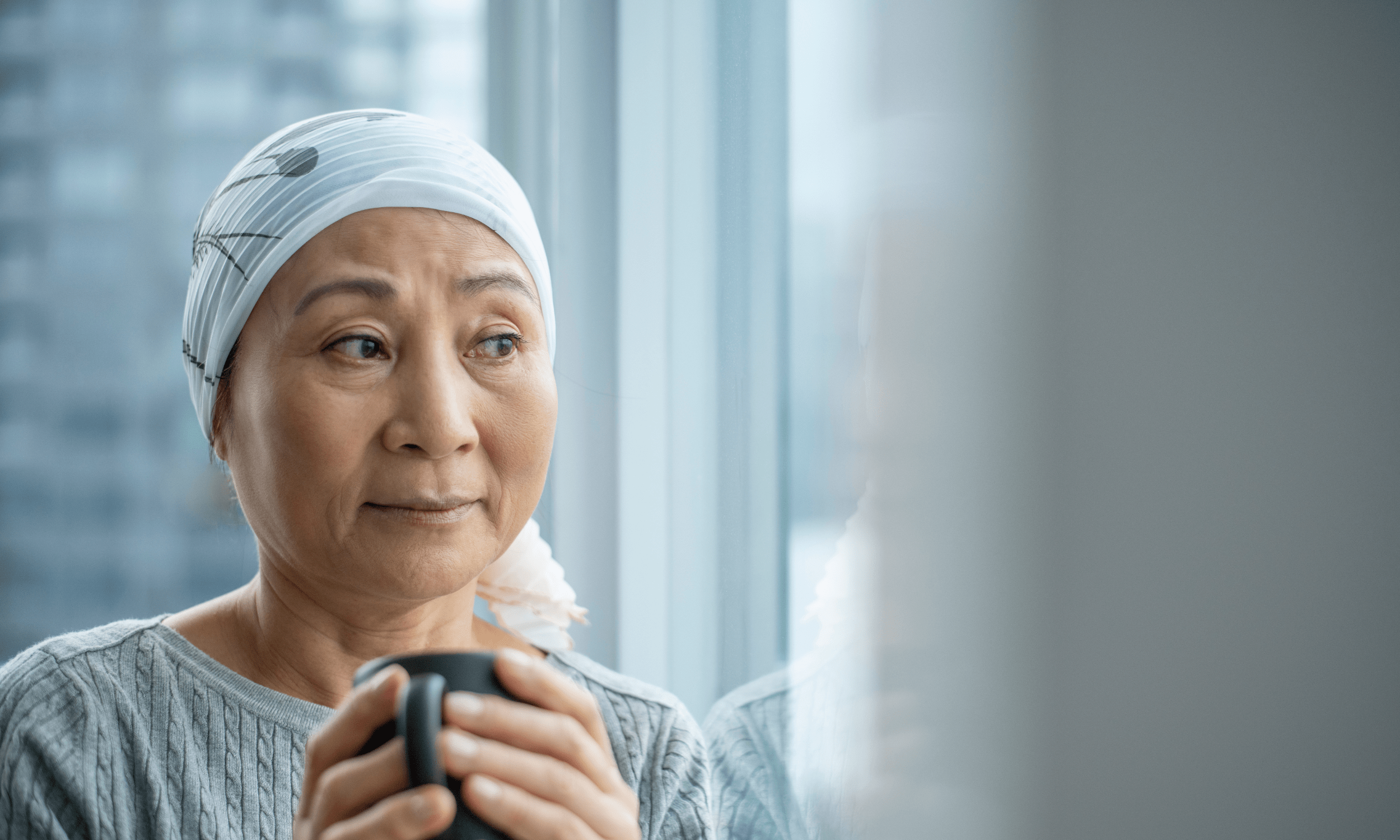Managing the Practical and Emotional Impacts of Social Distancing
During these uncertain times it is important to know how to manage social distancing. Here are a few tips and recommendations from the experts over at CancerCare.
Tips for Managing Social Distancing as a Cancer Patient
Here’s the tips we’ve been hearing a lot, but they bear repeating:
Stay indoors and maintain six feet of distance from anyone else when outdoors or in public spaces. Vulnerable populations are advised to be extremely cautious. Some tips for staying home include:
Having people run errands for you
Utilize Facetime, Zoom and Skype to see people face to face.
Treat mail, letters, packages and any other items delivered with caution. If any item is not shrink-wrapped, they should be completely wiped down. While this isn’t a high-risk issue for the general population, those with a compromised immune system should pay particular attention to details like this.
Buy items in bulk, when possible, to reduce the number of times you need to leave the house.
As of the writing in this blog, wearing a cloth face-covering is recommended. Check the CDC website to get up to date information on the recommendations of face-coverings.
Cover your hand with a cloth or sleeve when needing to touch high-contact objects.
Refrain from touching your face.
Once returning home wash hands immediately and thoroughly with soap and water. Hand sanitizers with 70% alcohol content should be considered a secondary option.
Maintaining your cancer treatment during this time can be difficult with doctors’ offices and clinical settings being altered due to COVID-19. Here are suggestions on how to maintain your cancer treatment:
Consider prescription delivery services, if available.
Ask your doctor if they would suggest filing a larger prescription than you usually receive.
Ask if telehealth visits are available and if they would benefit you.
If you are experiencing any changes to your work environment, local food banks and government assistance may be able to help. If you have lost insurance, you may be eligible for COBRA, or you may qualify for Medicare or the Children’s Health Insurance Program (CHIP). Check out CancerCare’s resources for more information and resources about changes in your work environment.
Managing the Emotional Impact of Social Distancing
Cancer treatment can be a stressful time in anyone’s life. Here are a few ways to help with managing the emotional impacts that can arise from social distancing.
The use of technology: Staying in touch with loved ones can play a big role in feeling less isolated. For those with smartphones or a webcam, utilize video call apps, such as Skype, Facetime, Google Meets. For those without internet access, contact can still be maintained through phone calls and letter writing.
Maintain a Schedule: Try to stay in a routine, wake up at the same time every day and observe common hygiene rituals.
Break up the Day: Seek out a variety of activities to make your time feel more full and involved.
Engage in your hobbies: Whether that is reading books, streaming TV shows and movies, or playing video games.
Go Outside and Exercise, within reason: Going for a jog, a bicycle ride, a walk alone or with a pet are all great ways to stay active.
Bodily Health has Mental Benefits: If you do not feel able to go outside, physical activity is possible even in small spaces through low-impact and slower-paced activities like stretching and walking.
Remain Centered: Try to maintain personal balance by continuing what physical and mental exercises you can or adopt new ones.
And, of course, reach out to the team at Going Beyond the Pink for support and resources you need to navigate treatment and survivorship. We know that Cancer doesn’t stop, not even for a pandemic! Email Kara@GoingBeyondthePink.org for support and resources.

